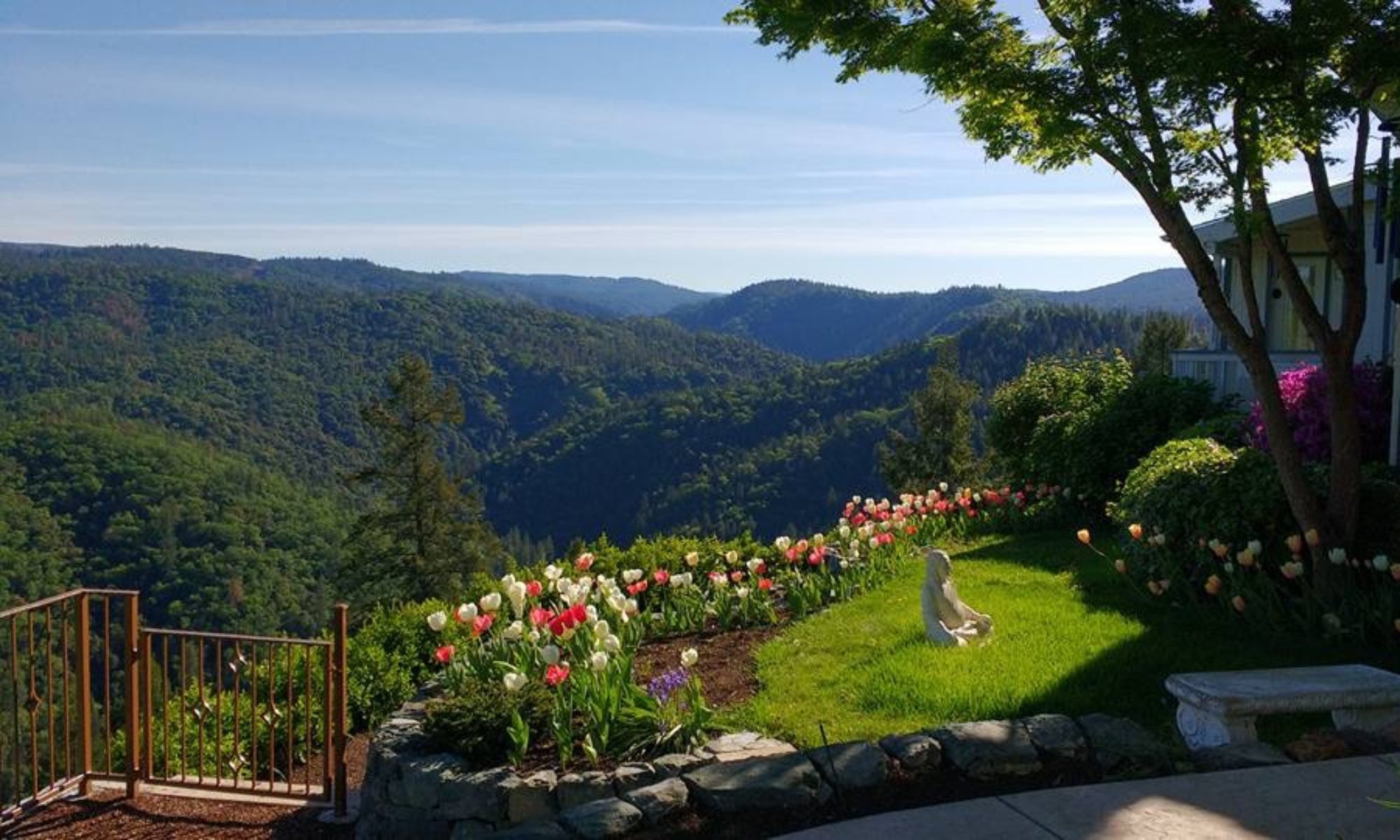
Another deeply moving essay by Karl Paulnack; I’m inspired to add my thanks to his…
Thank you, Mr. Fry, Miss Hall, and Mr. Lynch.
Thank you, John Bringetto, Doc Patnoe, and Rich Bice.
Thank you, Marsha Goodman, Paul Renzi, Lloyd Gowen, and Robin McKee.
Thank you all for carrying your music practice and preparing me for a lifetime of carrying mine.
Karl Paulnack
January 27, 2019
I am writing a speech that I have to deliver later this week. I wanted to discuss how third-grade music teachers prepare their students for the rest of their lives, even though they have no idea how they are preparing them, do not know what those lives will look like, can’t imagine their future, and in some cases, wouldn’t want to.
On the night of September 11, 2001, one of the things happening on the west side of Manhattan where I lived was that people were gathering around firehouses, holding candles, bringing flowers, and singing songs of inspiration and support. I remember many people who looked like they might be finance or business people, mostly men, people in suits which were rumpled from an entire day of frantically trying to get home but who were now stuck on the island, guys with briefcases who were used to being in control and calling the shots who looked as though they had been struck by lightening. Some of these men were awkwardly holding hands with the rest of the crowd and we were singing “My Country Tis of thee, sweet land of liberty…..”
I knew the words and music to that song because it was taught to me by my third-grade teacher whose name was Betty Jean Kilgore in Allentown, Pennsylvania. And I remember her teaching us that song because she was standing at an upright piano wearing these high heels that seemed to me as a boy RIDICULOUSLY too high, and managing to stand and operate the damper pedal in this heel, which looked incredibly difficult to me, and I remember thinking in my third grade voice inside my head, “wow, that looks painful! That’s a dedicated woman.” She diligently taught us that song.
Mrs. Kilgore had no idea she was preparing me for 9/11. She had no possible way of even imagining what that would be. The world trade center wasn’t built yet when I was in third grade. She was being faithful to her practice as a musician. There were probably some people in that room who were thinking “why are we learning this dumb song”…. And 30 years later there I was, singing in the wreckage.
And you know when we were holding hands singing around the fire station I didn’t know who the music majors were and who they weren’t; it didn’t matter. I was not musically prepared for 9/11 by Eastman or USC or any of my college teachers and it wasn’t my advanced degrees in music and it didn’t involve Brahms. It was Betty Jean Kilgore on a badly tuned upright piano in dangerous shoes, and it was everyone else’s “Betty Jean Kilgore”, the music teachers of all the others who taught them that song, that allowed us to be together, in a very meaningful and powerful way, when we were speechless.
It wasn’t fancy and it didn’t need a budget and there was no conductor and FEMA didn’t support it. We were able to do it because enough of us had third grade teachers who taught us a song.
You will not be able to prepare your students for the future, because you can’t possibly imagine their future. It could be more beautiful or more wretched than we can fathom. If you carry your musical practice you will prepare your students for their lives. Period. If you carry your practice faithfully, they will have everything they need musically.
I happened to be curious about where Mrs. Kilgore is now, and I googled her. I found an obituary. She passed away 20 days ago. Perhaps the timing isn’t coincidental—fifty years ago she taught me that song, and now she’s helping me prepare for a talk. I guess she’s “teaching remotely” these days.
Thank you, Mrs. Kilgore.


